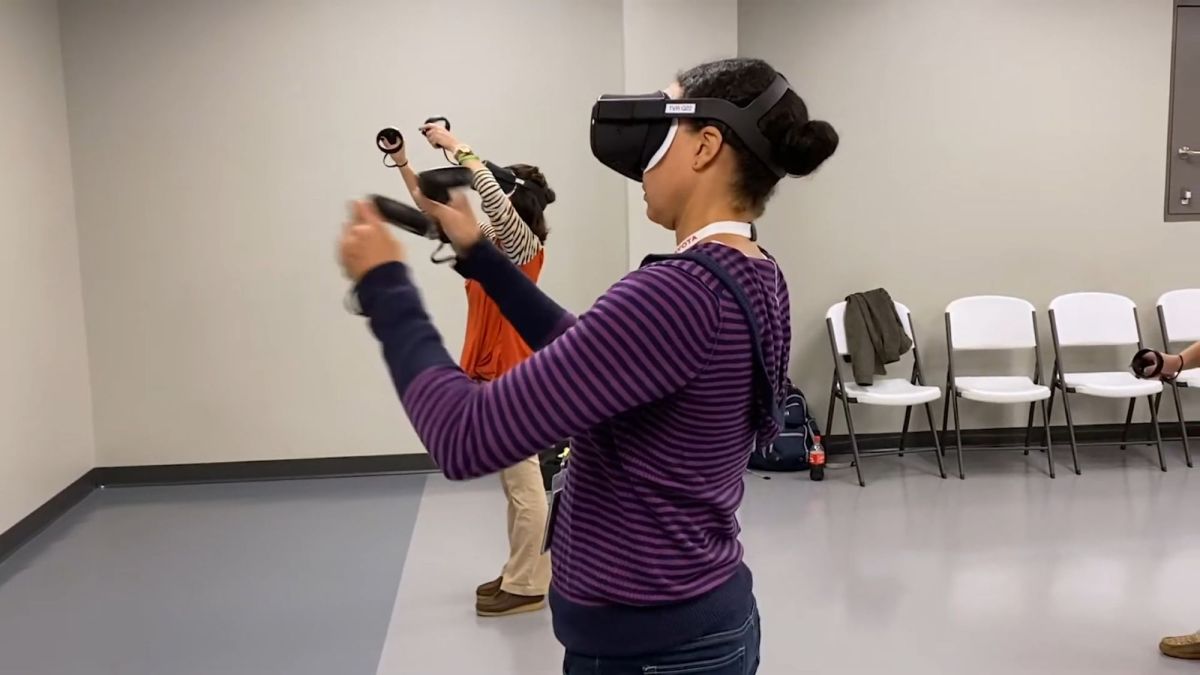Arkansas expands VR for job training program after early success

A project that uses virtual reality headsets to train people in new careers is yielding promising results, the Arkansas Office of Skills Development announced Thursday.
Officials said that over a six-month experiment, the agency used a VR headset platform from a company called Transfr to train 205 students at 15 schools and other sites throughout the state. The early success of the program, which targeted high-school students, community college students and professionals looking to change jobs, has led the office to expand the program — officials said they plan to reach another 4,500 students this year.
The simulations afford users a low-cost opportunity to try jobs like welding, warehousing, hospitality and public safety. Cody Waits, director of the skills office, told EdScoop that early feedback on the program has been positive and that he expects to see a boost in job placement numbers as the end of the school year approaches.
Waits said that although he doesn’t expect VR to entirely replace hands-on training, the realism of the simulations is “really impressive.” VR is commonly advertised as a means of widening access to training resources and reducing costs — Waits said students who are unsure of a new field can play around in simulations before they ever burn fuel in a real welder or climb under a jack lift.
“It’s very costly to purchase $50,000 [fabrication] machines, $50,000 robots, hundreds of thousands of dollars on welding equipment, welders, materials and so on, along with all the waste that goes along with those materials you need to train people on those devices,” Waits said.
Some Arkansas educators weren’t immediately keen on the idea, though. Waits said it took some training and marketing to convince instructors that VR was worth their time, but they’ve mostly come around. (Though one institution wasn’t using the headsets and was booted from the program, he said.)
“Any time you bring new technology to a group of educators or a classroom, there’s always this hesitancy to adopt. And we felt that when we were bringing Transfr to the state,” he said. “Now they’re our biggest supporters. They’re out there waving the banner for it.”
Waits said the program is paid for by general state funds, but it’s also gaining support from employers looking for new blood, including Altec, a company that maintains and makes equipment for utilities and the telecommunications industry. That company sponsored a program called the Altec Technician Education Program at Arkansas State University at Beebe, where students can earn a certification in diesel technology.
Beyond those entering the workforce or changing jobs, Waits said next steps may include using the headsets at the state’s unemployment office so that people who are out of work can explore new job options.
According to a Transfr spokesperson, its VR technology is now used by 29 states.




